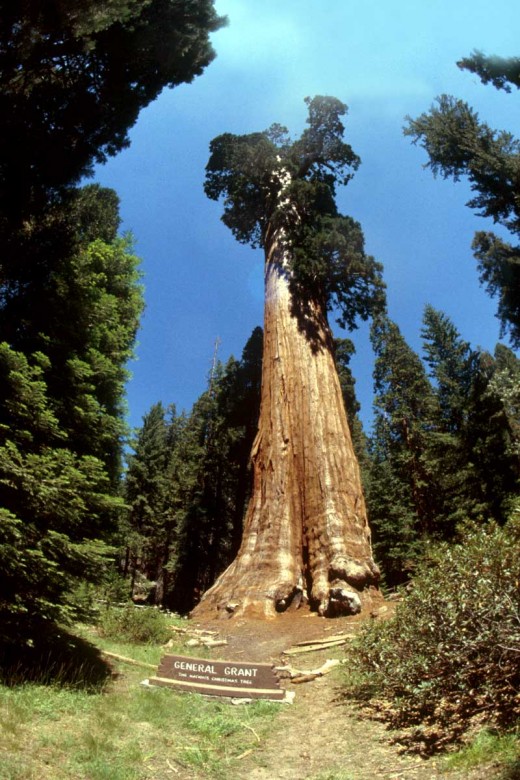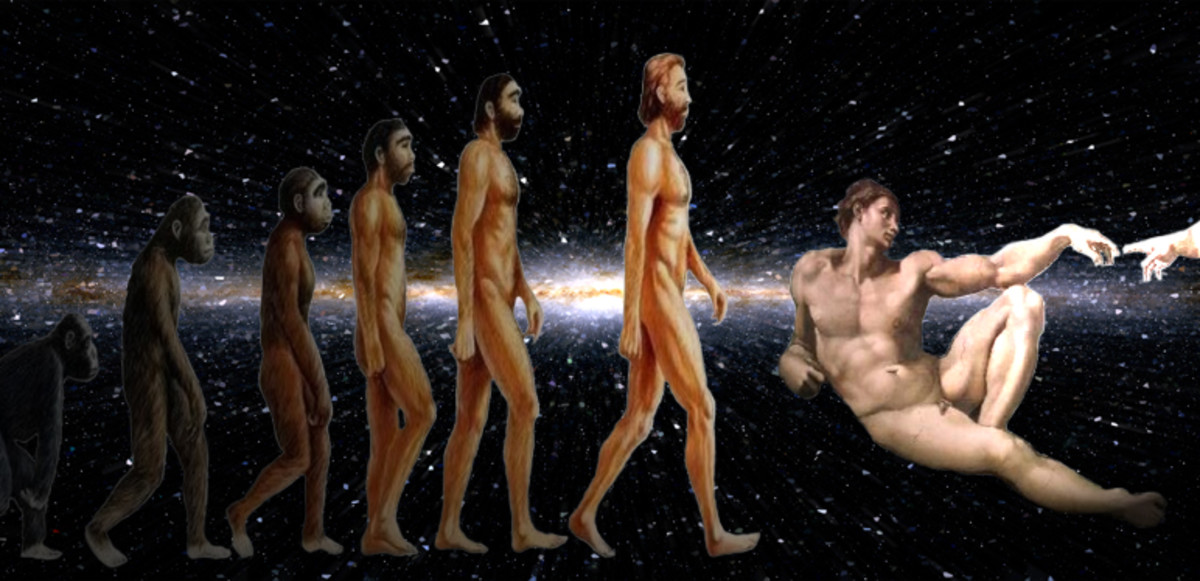Wilderness Philosophy and Ethics

Modern wilderness philosophers disagree on everything from what it is about a natural system that makes it valuable to how to best manage (or not manage) the few surviving wild areas still left on Earth. However they all agree that unaltered wilderness is a valuable commodity that has both instrumental and intrinsic worth. Wilderness philosophers pay close attention to the processes that make a wild system what it is. Preservationists believe that the natural web of complex interactions among species and their unaltered environment is wherein the value of wilderness lies because these processes create the natural products humans rely on. Preservationism attributes wilderness with possessing an economical value as well as intrinsic worth (Oelschlaeger 292). Ecocentrism is more detached from anthropocentrism than preservationist philosophy in that humans play a more humble role in our relationship with the wilderness. According to ecocentric theory, humans are not the reason for the Earth’s existence- the Earth is the reason for our existence (Oelschlaeger 293). Although a logical conclusion, it is one that is often ignored due to hubris or pride. Since Earth is the reason for our existence, it is intrinsically good. Since it is good for mankind, then humans have a responsibility to preserve the most pure areas and restore those that have been destroyed. Any action taken towards these ends is ethically good.
Teleology is a branch of philosophy that studies the telos of an object, meaning its purpose or aim. If an action allows something to achieve its natural purpose, then that action is considered ethically good. Wilderness philosophy emphasizes the interconnectedness of wild systems and the importance of preserving entire ecosystems as opposed to single species. From a teleological perspective the natural order is the morally good order, so preserving entire systems makes sense because in doing so the natural processes and components that allow the ecosystem to function are allowed to continue on. However, it is difficult to define the final aim or purpose of an ecosystem. Wilderness philosophy holds that there is no end product or goal. Ecosystems, such as wilderness areas, are continuously functioning systems. This creates a level of abstraction that separates teleology from wilderness philosophy because it is difficult to designate the natural aim of a rock or other inanimate object, yet ecological ethics maintains that inanimate items and geological processes are just as important for ecosystem health as the living organisms themselves.
Utilitarian environmental philosophy attributes value or worth to an object depending on how that object can be used for anthropocentric means. In other words, the most valuable things are those that can create the most “good” for the largest amount of people. Wilderness philosophy, especially ecocentric wilderness philosophy, does not fit in well with utilitarian tradition. Humans are not viewed as more important than any other component of the natural world, and are not the reason for Earth’s existence. The environment is intrinsically valuable as well as instrumentally valuable, and our species is nothing more than a small part of a much greater whole.
Deontology attributes morality and ethics to the adherence to duty. The morality of an action is determined by the categorical imperative: act only in ways that all rational beings would find acceptable. Deontology assesses morality based on intent rather than consequence, which makes the attribution of morality somewhat ambiguous. If two people are trying to achieve opposing means but both have good intentions, according to deontology both people are acting in accordance with the moral code. Since intent is not always apparent, deontology is an arbitrary philosophical model. When comparing modern wilderness philosophy with deontological theories one could argue that humans have a duty to preserve wilderness areas for their intrinsic value and any action towards this is ethically good. However, one could also argue that humans have a duty to maximize the profits and resources available to them to combat poverty, so any action towards this end would be ethically “good.” When viewed from a deontological perspective saving wilderness areas and exploiting them for their resources could both be considered ethically and morally good.
Holistic environmental ethics is based on the theory that the sum is greater than the parts. The individual components of an ecosystem are what determine the properties of that ecosystem. It is the complex interactions between all elements of an ecosystem that make the system what it is. Without the parts the whole cannot function. Holistic philosophy is very similar to modern wilderness philosophy. Both disciplines emphasize the importance of the ecosystem as a whole and view individual components of an ecosystem as the parts that allow the system to run. The characteristics of the system cannot be properly maintained if the pieces making up the system are disturbed or eliminated, so it is important to protect all aspects of any wild system.
Joseph DesJardins argues that an ethic of caring is the best model for how current generations should view their responsibilities to future generations. An ethic of caring is based on the philosophy that current generations should preserve natural resources, minimize pollution and maintain a healthy environment simply because we care about the people of the future. DesJardins states that “we care about the type of people [future generations] will become, and we believe that a life lived in a world in which wilderness areas and rare species are preserved is a better, richer life than the alternative” (83). DesJardins gives several examples to demonstrate that individuals are often motivated into action by concern for future generations. This concern is expressed in many ways, including the establishment of parks and refuges, the passage of environmental laws, investments in preserving culture and the advancement of industry and medicine. These actions show that current generations are motivated to provide future generations with a decent life. An ethic based on caring emphasizes empathy for future generations and the desire for future people to live as rich, meaningful and happy a life as possible.
When regarding future generations an ethic of caring, although idealistic, may not be practical. With a large portion of the current world population in poverty and lacking basic necessities such as clean water, it is unrealistic to expect those struggling to survive today to be able to consider people of the future to the extent described by DesJardins. It is arguable that the current generation should focus resources and means on improving the quality of life for people who are alive today before investing in people that do not exist yet. However, it is also unrealistic to expect our species to advance if some thought is not put into the generations that will succeed us. Innovation and technology are perhaps the most poignant examples of this; without the knowledge acquired by previous generations in these fields (and many others), there would be no advancement whatsoever. An ethic of caring seems the ideal philosophy to explain and encompass responsibilities of the current generation, but one cannot make everyone care or even if they do care, act accordingly. When adopting such a philosophy it is important to keep in mind that such empathy for future generations will be difficult to achieve globally without first providing basic necessities and ensuring basic human rights for the current generation. Achieving both of these is well within our scientific capability, however due to political, economical, social, religious and many other factors we have not been able to work well enough as a species to achieve this. Current generations have a responsibility to future generations to use resources sustainably and preserve the environment but it is difficult to realize results when it is done on a small scale, so global participation is necessary (and it is difficult to get global participation for almost anything).
The amount of knowledge mankind has gained from observing nature and natural processes throughout time is incalculable, yet nature still continues to teach our species something new every day. As conservationist Nancy Newhall said, “The wilderness holds answers to questions man has not learned to ask yet.” However, the fragmented areas of wilderness left on Earth are being harmed or destroyed faster than scientists can study them, and thus we are losing potential knowledge. Many people do not regard knowledge as a resource, but without it being passed- and then built upon- from generation to generation the human species would quickly die out. Preserving wilderness areas is absolutely necessary for the successful propagation of the human species because in wilderness lies a commodity that is invaluable- what future generations will learn from observing and studying environments uninfluenced (or at least mostly uninfluenced) by man. Many wilderness areas are such complex ecosystems that it could take hundreds to thousands of years to return to a particular state if disturbed or destroyed. Henry David Thoreau’s edict that “in wilderness is the preservation of the world” should be taken very literally since the existence of life on Earth has been solely dependent on wilderness and wild ecosystems for billions of years before mankind. By destroying wilderness we are literally destroying the very thing that fuels and enables modern life. An Earth rich with wild areas and clean lands is the most valuable and precious thing we can leave to future generations if we care about them and the future survival of the human species in general.
Literature Consulted
Cooper, G. 1998. “Teleology and environmental ethics.” American Philosophical Quarterly . 35(2): 195-207.
DesJardins, J. 2006. Environmental ethics: an introduction to environmental philosophy . Canada: Holly J. Allen.
Oelschlaeger, M. 1993. The idea of wilderness: from prehistory to the age of ecology . New York: Yale University Press.









